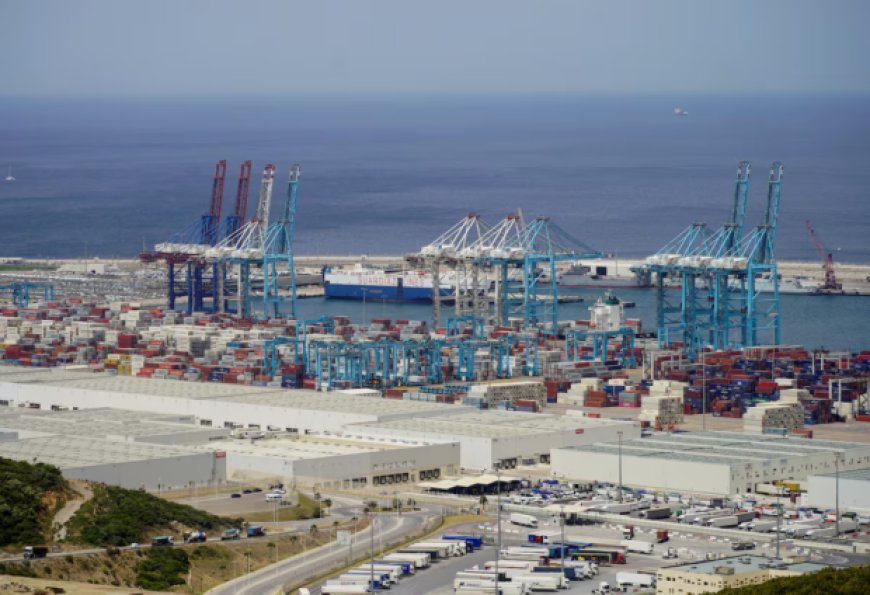Drought-Hit Morocco to Extend Wheat Import Subsidies Until Year-End
The Moroccan government has announced an extension of wheat import subsidies until the end of the year to counter the impact of severe drought on local production. The move aims to ensure food security, stabilize prices, and prevent supply shortages.

Faced with one of the worst droughts in years, the Moroccan government has decided to extend wheat import subsidies until the end of 2025. The decision comes as the country struggles with poor harvests, making it highly dependent on wheat imports to meet local demand.
Agriculture officials confirmed that Morocco’s wheat production has sharply declined, leading to:
???? Rising Bread Prices – Higher costs threaten food security.
???? Increased Import Reliance – Morocco imports wheat mainly from Europe and the Black Sea region.
???? Government Spending on Subsidies – Measures taken to keep prices stable for consumers.
“The government is committed to ensuring that wheat supply remains steady despite the ongoing drought,” an agriculture ministry spokesperson said.
Economic & Social Impact
???? Food Security Guaranteed – Preventing shortages in staple food supplies.
???? Relief for Low-Income Households – Stabilizing bread prices amid inflation.
???? Budget Strain on Government – Increased subsidy spending could affect national finances.
Challenges & Global Trade Implications
???? Global Wheat Prices: Import costs could rise due to market fluctuations and geopolitical tensions.
???? Climate Change Effects: Frequent droughts threaten Morocco’s long-term agricultural output.
???? Inflation Pressure: Increased subsidies may affect government spending on other essential services.
Conclusion:
With climate conditions worsening, Morocco’s decision to extend wheat import subsidies is seen as a crucial step to protect consumers. However, long-term solutions such as agricultural reforms and water conservation efforts will be essential to reduce future dependency on imports.
What's Your Reaction?



















































































